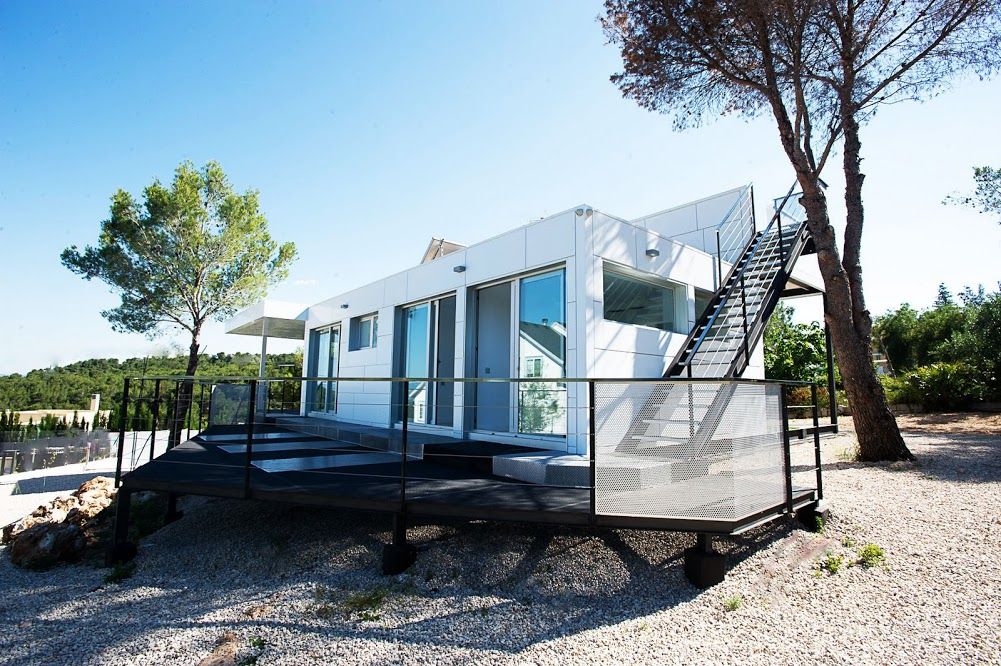6 Ways Prefabricated Houses Are Ecofriendly
In an era where sustainability is paramount, prefabricated houses emerge as a revolutionary solution that marries innovative construction methods with environmental consciousness. These modern marvels are not only changing the way we live but are also leaving a significantly lighter ecological footprint. Let’s delve into how prefabricated houses in Cyprus are making waves as eco-friendly housing options.
1. Reduced Waste:
One of the most compelling eco-friendly features of prefabricated houses is the drastic reduction in construction waste. Traditional on-site construction often generates tons of debris, but prefabricated homes are meticulously designed and manufactured in controlled environments, minimising material wastage. The precision of the production process ensures that every piece of material is optimised and utilised, resulting in far less waste heading to landfills.
2. Energy Efficiency:
Prefabricated houses excel in energy efficiency due to their meticulous design and utilisation of high-quality insulation materials. The controlled factory environment allows for precise insulation installation, eliminating gaps and thermal bridges that lead to energy loss. Moreover, many prefab homes are equipped with energy-efficient appliances, lighting, and heating/cooling systems, further reducing energy consumption and carbon emissions over the lifetime of the house.
3. Sustainable Materials:
Prefabricated homes often incorporate sustainable building materials that are both environmentally friendly and durable. These materials, from recycled steel and reclaimed wood to low-VOC paints and eco-friendly finishes, contribute to a healthier indoor environment and promote responsible resource utilisation.
4. Faster Construction Times:
The speed of prefabricated construction inherently contributes to its eco-friendliness. A shorter construction period means fewer greenhouse gas emissions from heavy machinery and reduced disruption to the surrounding ecosystem. Additionally, faster construction translates to less on-site time, reducing the overall impact on the local environment.
5. Smaller Carbon Footprint:
Prefab houses in Cyprus typically have a smaller carbon footprint than traditional homes. The streamlined manufacturing process, reduced transportation requirements, and energy-efficient features collectively reduce the environmental impact of building a new home.
6. Modular Flexibility:
The modular nature of prefabricated homes brings a unique advantage for sustainability. As homeowners’ needs change, additional modules can be added, or existing ones can be reconfigured without requiring extensive demolition and reconstruction. This adaptability minimises resource use and extends the lifespan of the home.
Prefabricated houses are not just a trend; they’re a sustainable solution to our pressing environmental challenges. By drastically reducing waste, conserving energy, utilising sustainable materials, and embracing modular flexibility, these homes represent a greener way of living that benefits both homeowners and the planet. As the world continues to shift towards eco-friendly practices, these Cyprus modular homes stand as a shining example of how innovation in construction can contribute to a more sustainable future for generations to come.
